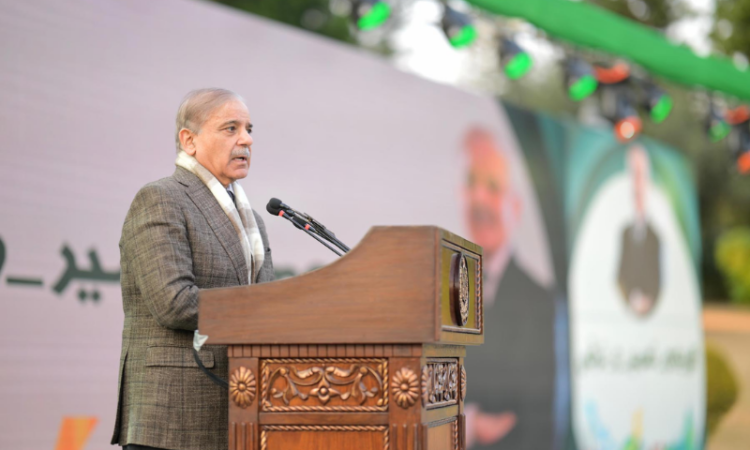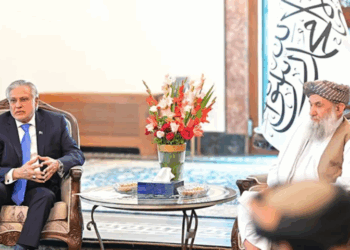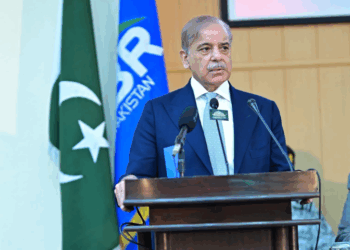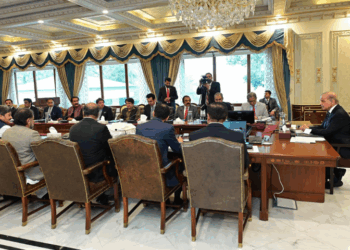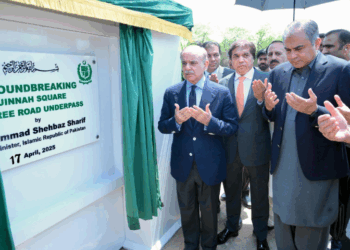Islamabad, February 8, 2025: Prime Minister Shehbaz Sharif declared that Pakistan’s economy is set for takeoff, crediting a year of dedicated efforts by the government to restore stability. Speaking at the Youm-e-Tameer-o-Taraqqi event, he emphasized that the IMF’s $7 billion bailout prevented default and paved the way for sustained recovery.
He highlighted that inflation had dropped from 40% to 2.4% in January 2025, leading to a reduction in the policy rate to 12%. Acknowledging the burden on the salaried class, he noted that they had contributed Rs 300 billion in taxes and commended their role in stabilizing the economy. He urged the business community to support the government’s economic reforms, emphasizing that their involvement was crucial for long-term stability and growth.
The prime minister underscored the government’s efforts to curb smuggling, citing the legal export of sugar to Afghanistan, which secured $211 million in foreign exchange and prevented revenue losses to smugglers. He praised the Pakistan Army and law enforcement agencies for their role in tackling smuggling across borders. On privatization, he reiterated that the state has no role in business activities and reaffirmed the government’s commitment to a massive privatization drive.
Addressing security concerns, Shehbaz Sharif criticized past policies that allowed terrorism to resurface, stressing that peace and stability are essential for economic growth. He vowed to leave behind a legacy of sustainable development and expressed confidence in the success of the recently launched Uraan Pakistan program.
Finance Minister Muhammad Aurangzeb highlighted that the government’s structural and pension reforms had successfully reduced inflation and eased debt servicing. Planning Minister Ahsan Iqbal set an ambitious $100 billion export target over the next five years and suggested exempting export-led industries from national holidays to boost production. Information Minister Attaullah Tarar praised the business community for its continuous support in the country’s economic development.
With economic indicators improving, the government remains optimistic about long-term growth and structural transformation.


